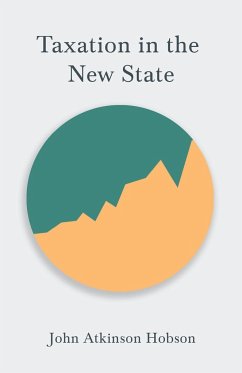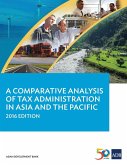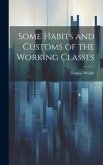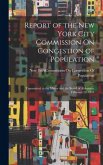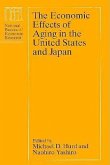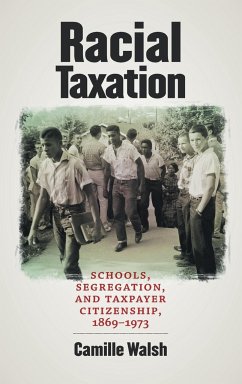John Atkinson Hobson (1858 - 1940) was an English social scientist and economist most famous for his work on imperialism-which notably had an influence on Vladimir Lenin-as well as his theory of underconsumption. His early work also questioned the classical theory of rent and predicted the Neoclassical "marginal productivity" theory of distribution. In this 1920 treatise, Hobson looks at policies of taxation in post-World War I Britain, exploring the idea of taxation according to the tax payer's ability and analysing the distinction between 'surplus' and 'cost'. Contents include: "Our Financial Emergency", "A Levy on War-made Wealth", "A General Levy upon Capital", and "Relations of Imperial to Local Taxation". This volume will appeal to those with an interest in economics and history, and especially the effects of the First World War. Other notable works by this author include: "Evolution of Modern Capitalism" (1894), "Problem of the Unemployed" (1896), and "John Ruskin: Social Reformer" (1898). Many vintage books such as this are becoming increasingly scarce and expensive. We are republishing this volume now in an affordable, modern, high-quality edition complete with an essay from "Mark Twain's Speeches" by Mark Twain.
Hinweis: Dieser Artikel kann nur an eine deutsche Lieferadresse ausgeliefert werden.
Hinweis: Dieser Artikel kann nur an eine deutsche Lieferadresse ausgeliefert werden.

